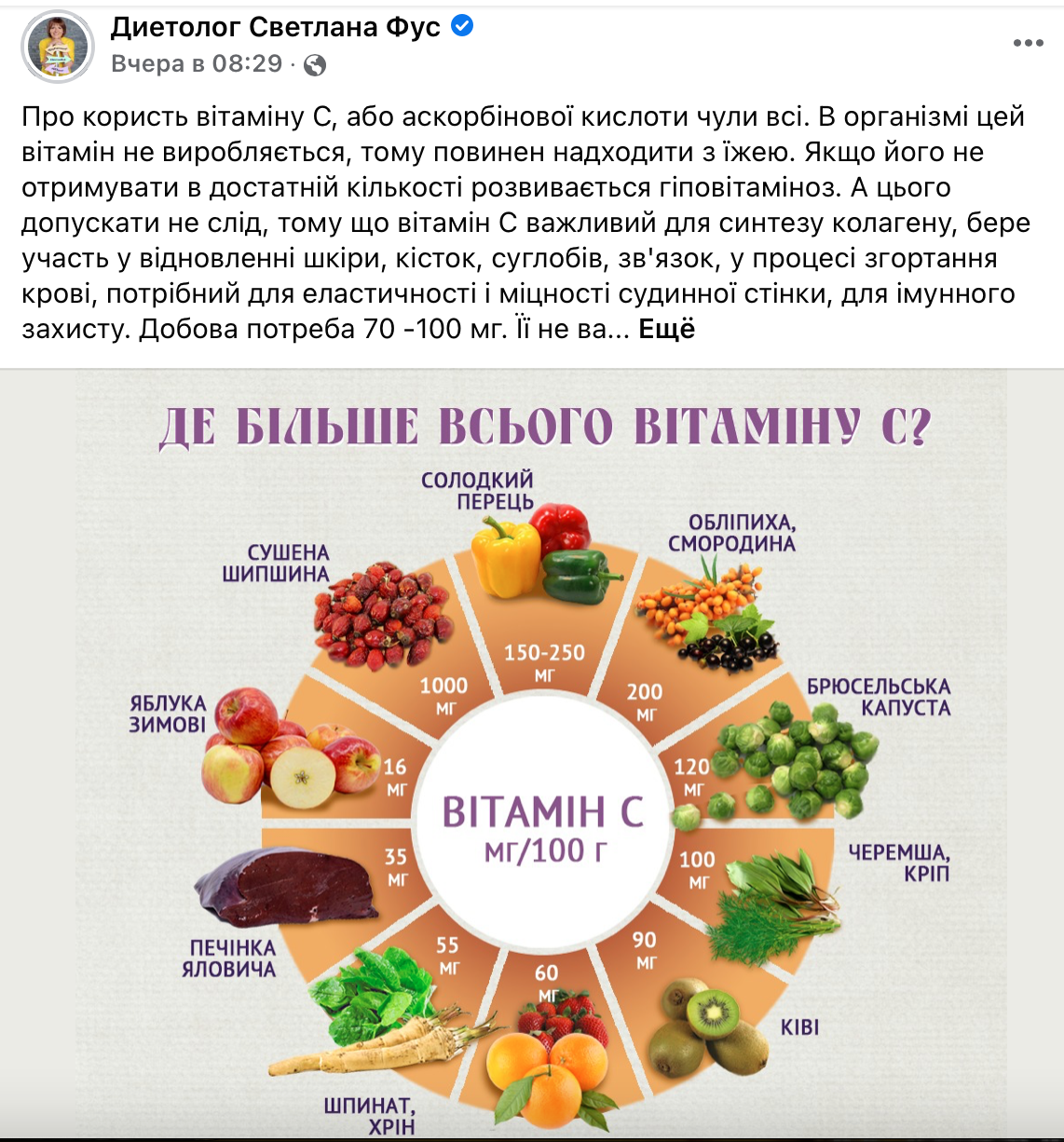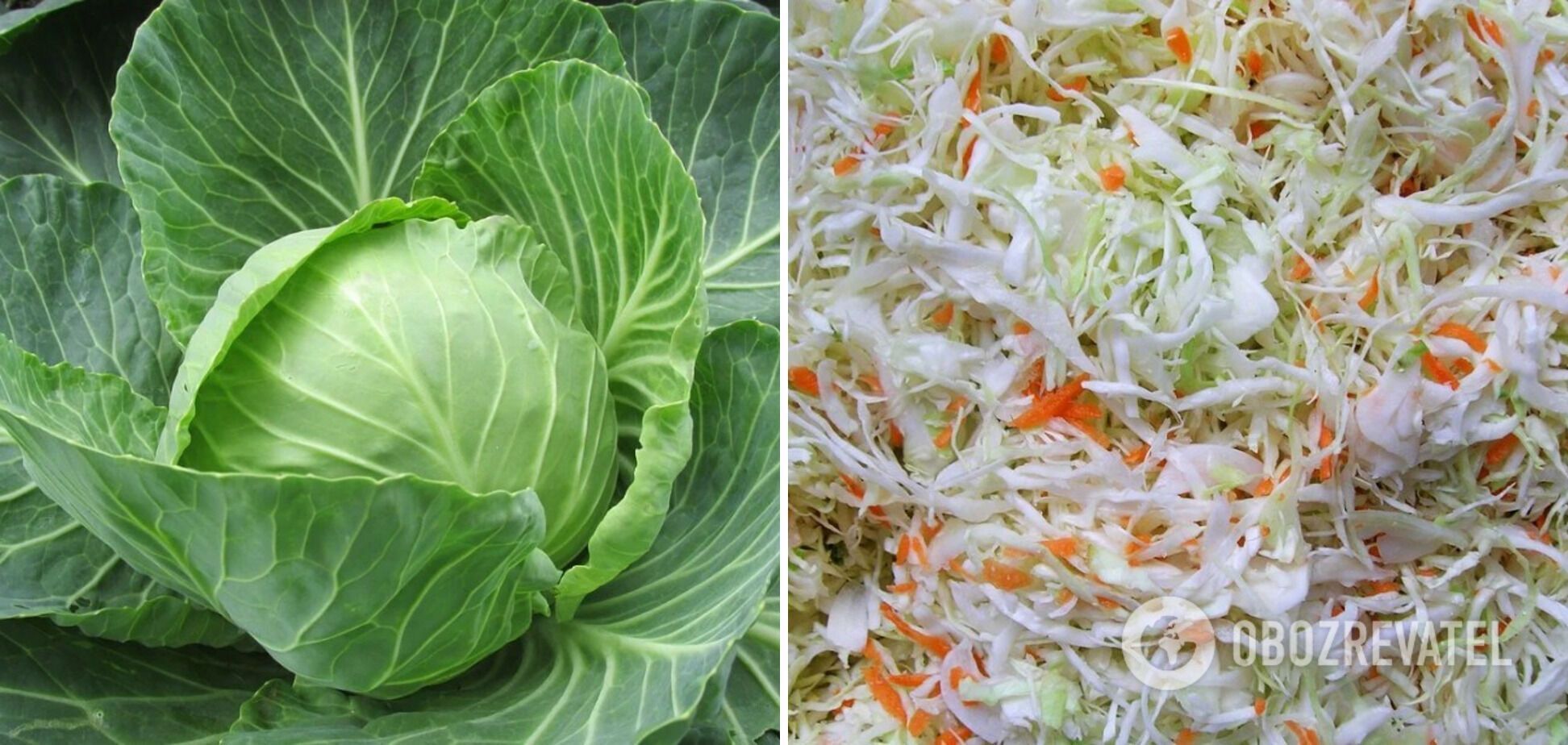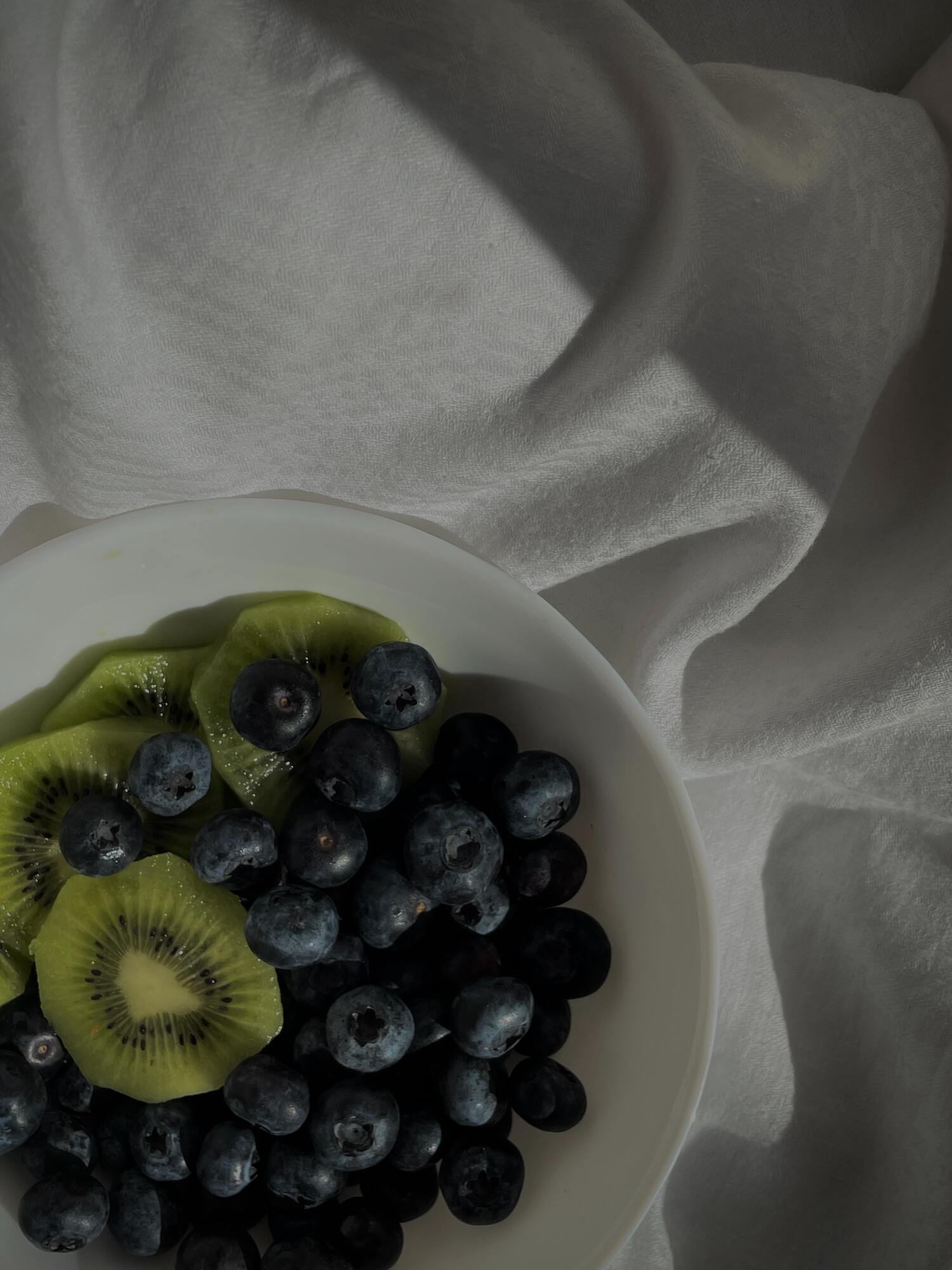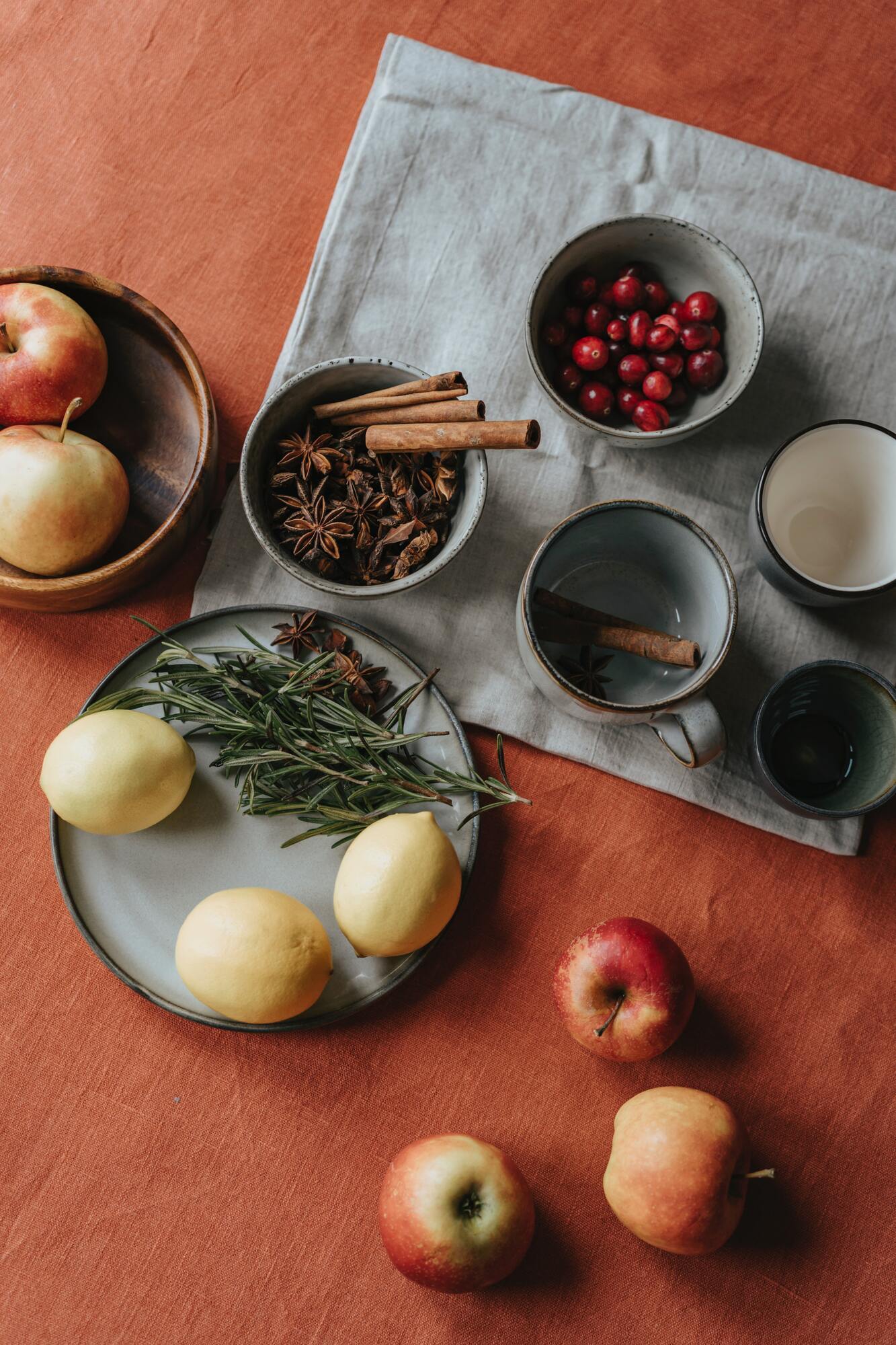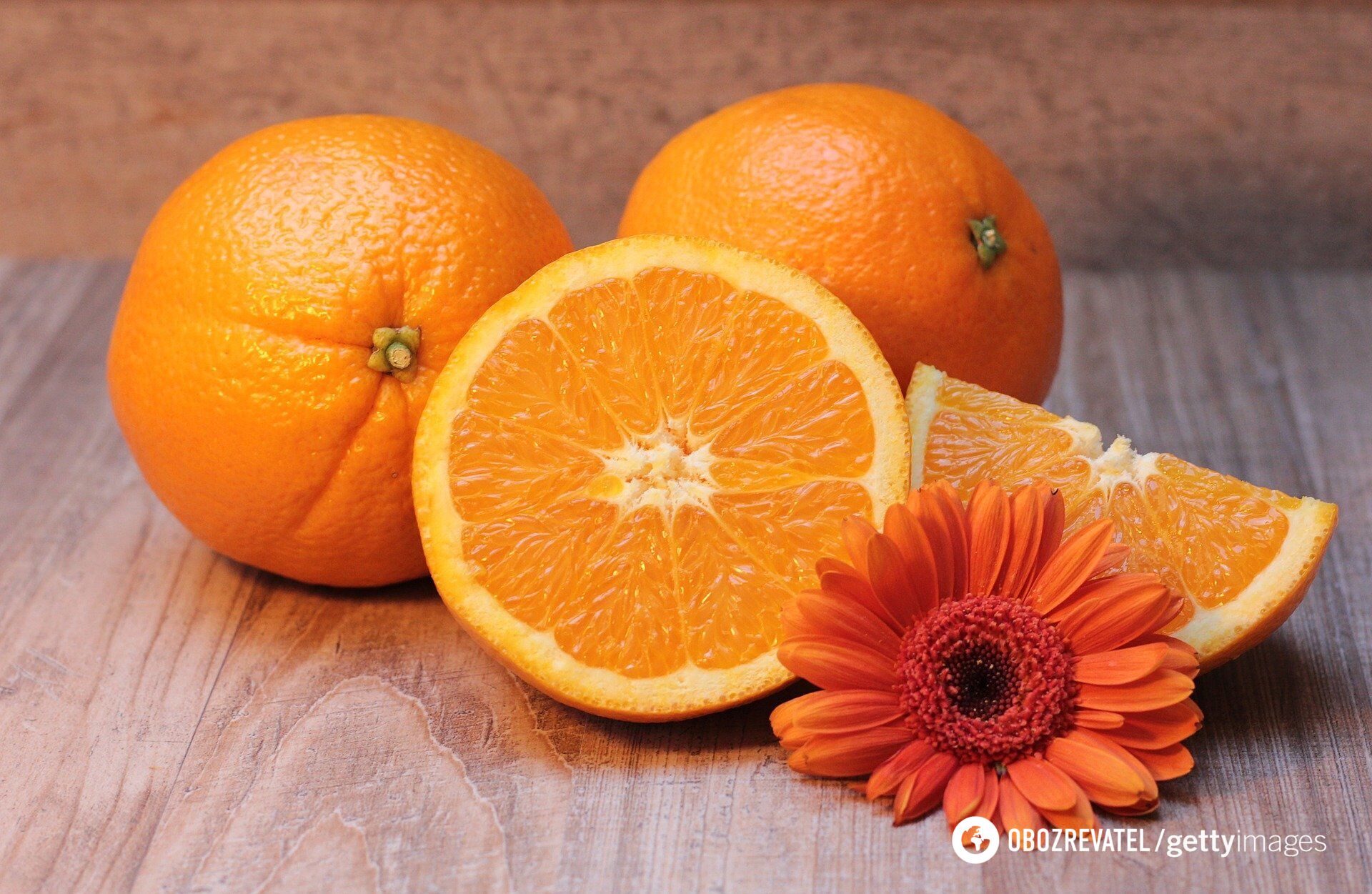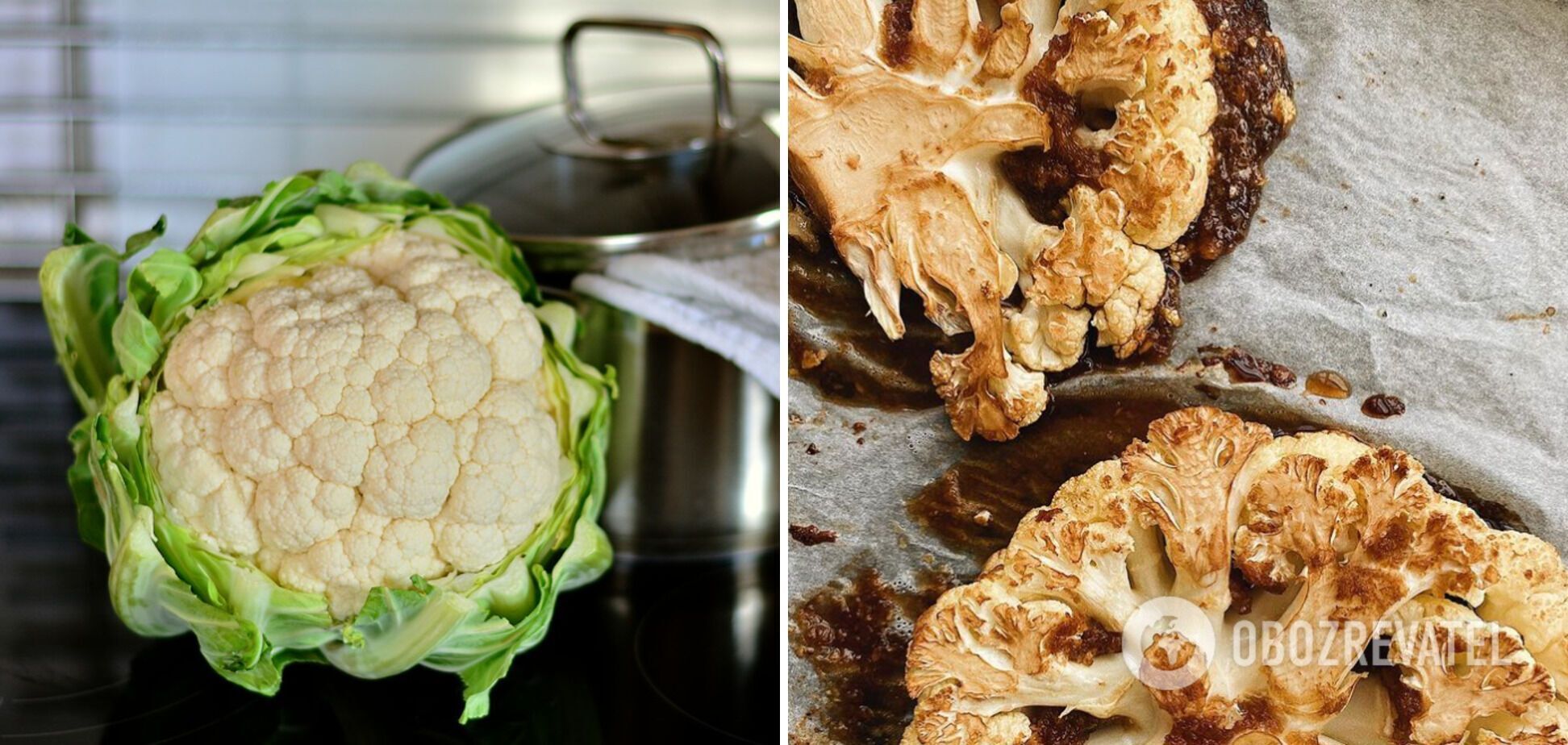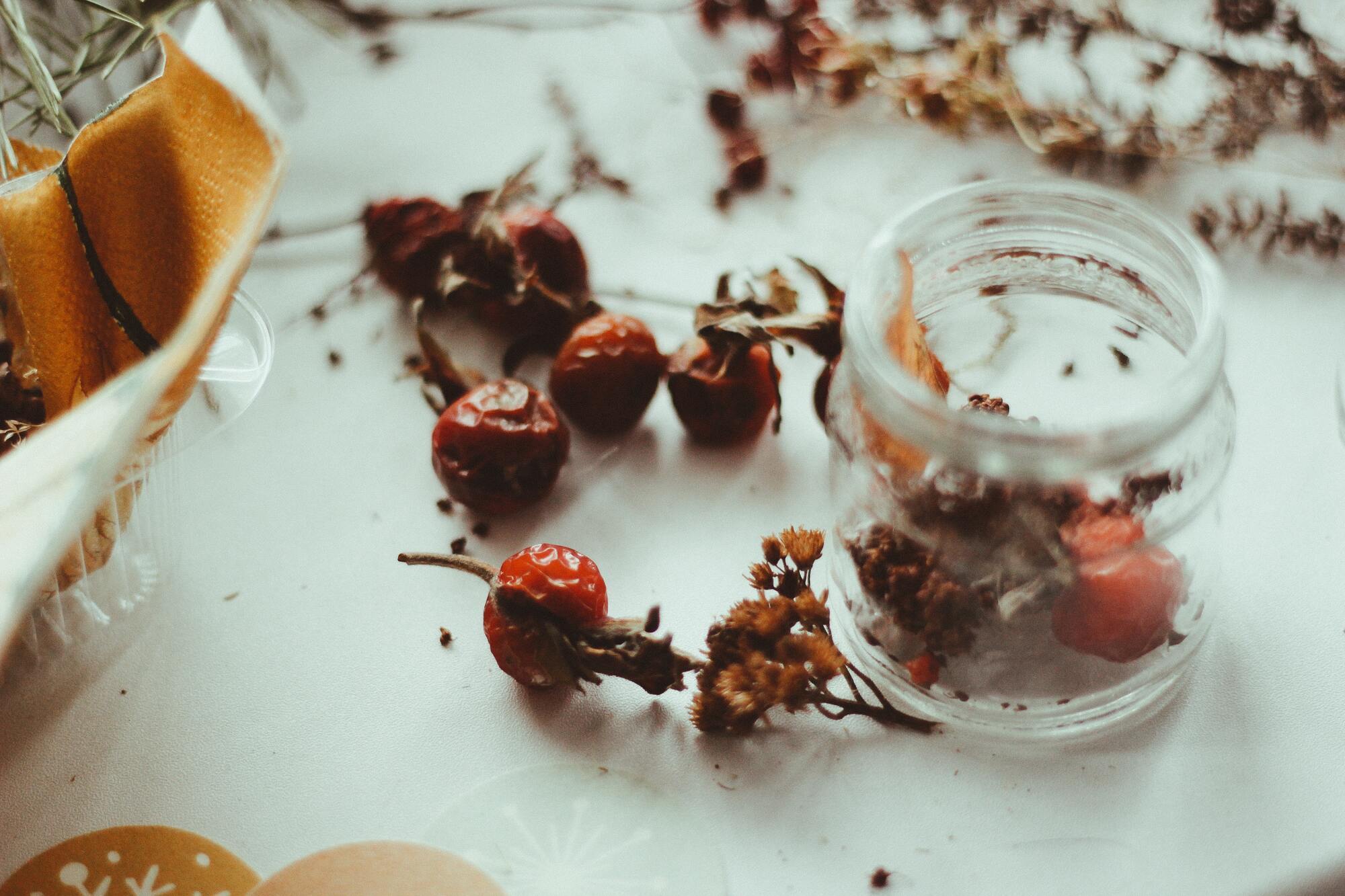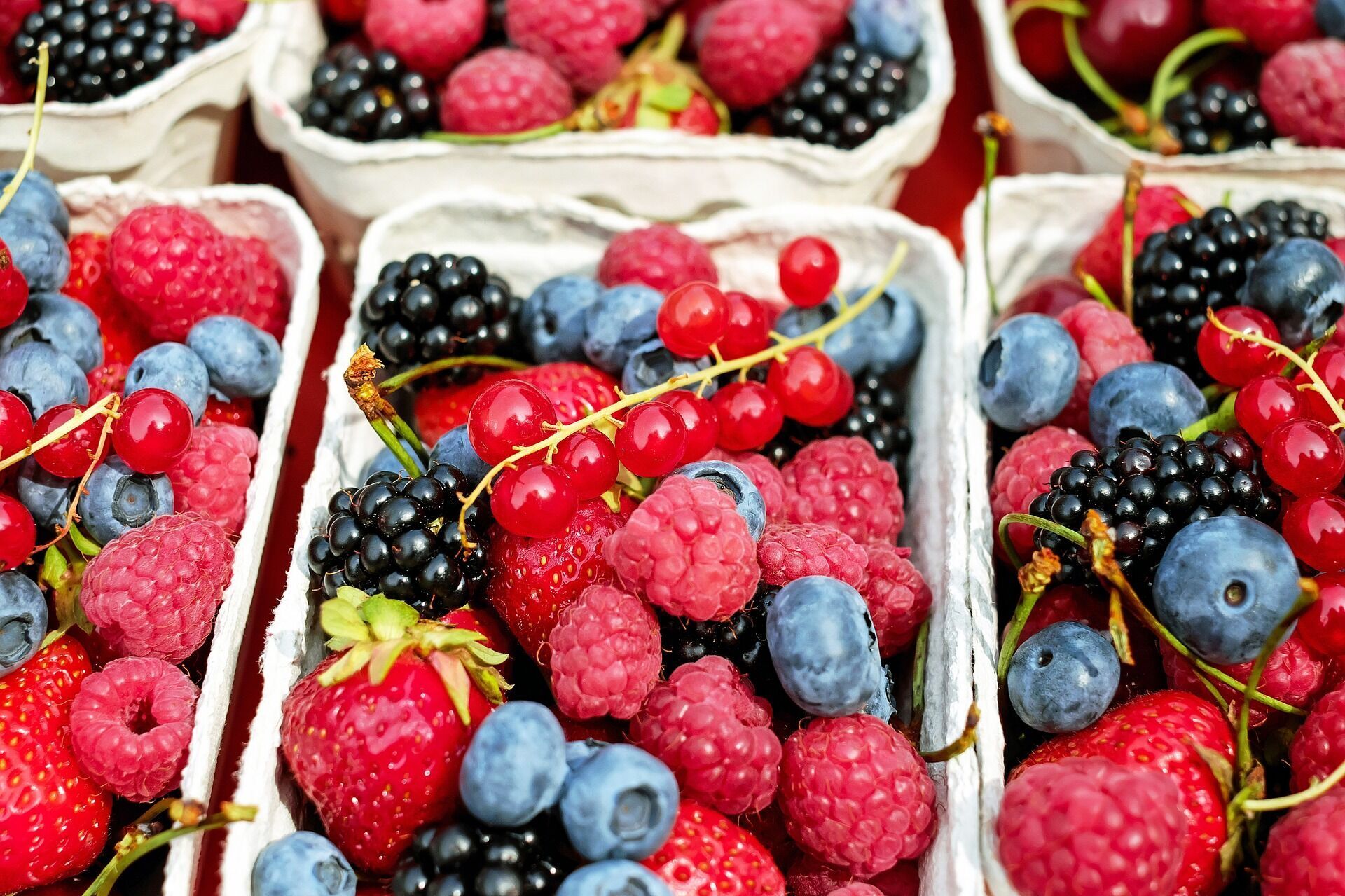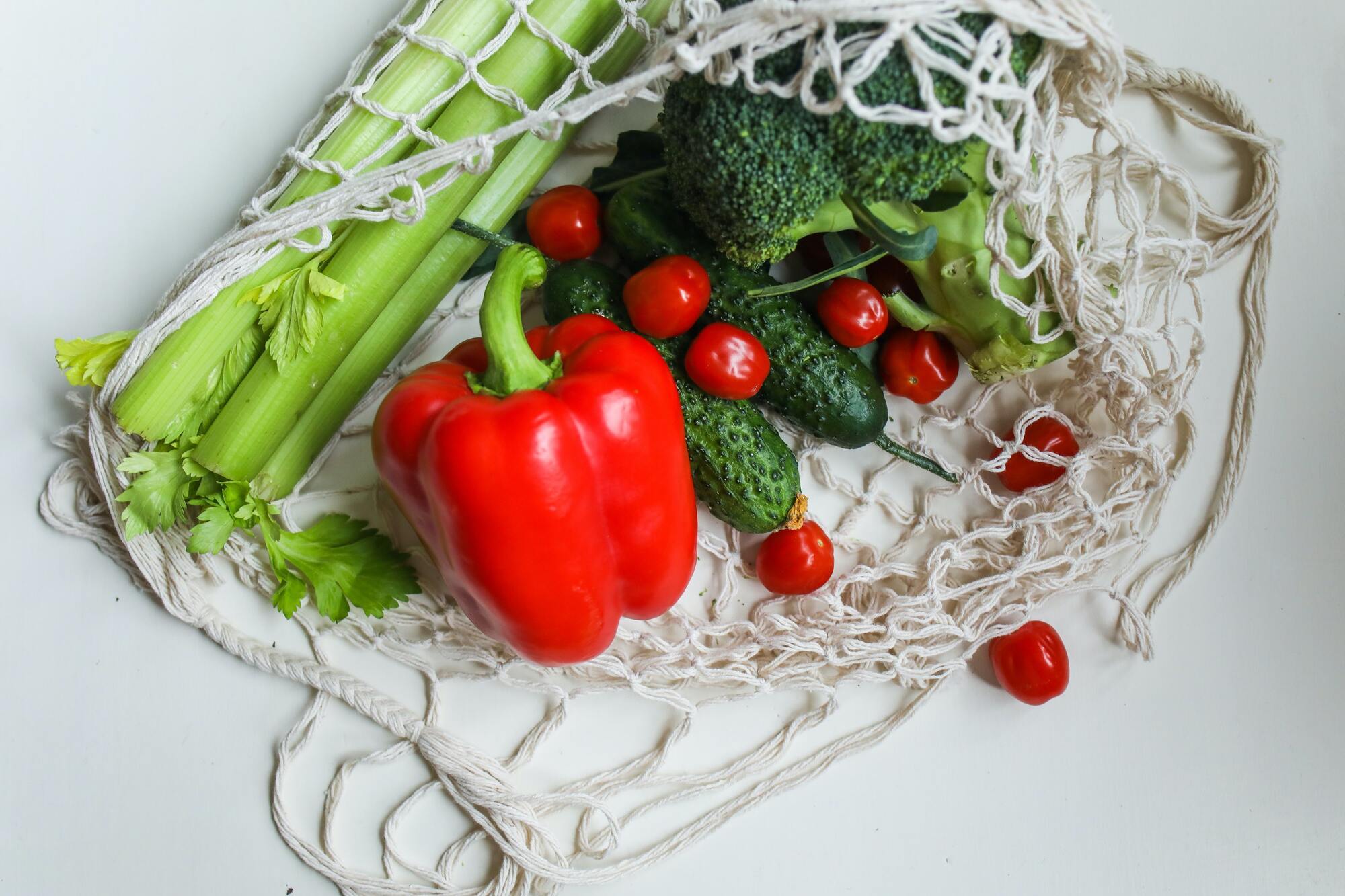LS Food
What foods should you eat to get vitamin C: says Svitlana Fus
In autumn and winter, everyone should take even more care of their health than in summer and spring. To boost your immunity, experts recommend eating a healthy and balanced diet, avoiding fad diets, and eating lots of seasonal vegetables, fruits, and berries because they contain many essential vitamins, especially C, and trace elements.
Nutritionist Svitlana Fus shared on Facebook which foods contain the most essential vitamin C and how to cook them properly so that it does not get destroyed.
The expert noted that if you don't get enough vitamin C, you can develop hypovitaminosis.
"Vitamin C is important for the synthesis of collagen, is involved in the restoration of skin, bones, joints, ligaments, in the process of blood clotting, is necessary for the elasticity and strength of the vascular wall, and for immune protection," Fus explained.
What you need to eat to get enough vitamin C (70 - 100 mg – daily value)
1. 100 g of cabbage, 1 apple, 1 tomato contain the daily value of vitamin C;
2. 40 g of bell pepper;
3. 30 g of black currant;
4. 100 g of cauliflower (steamed);
5. 100 g of orange.
The main and available sources of vitamin C:
- Kiwi
- Sauerkraut
- Berries
- Citrus fruits
- Peppers
- Tomatoes
- Apples
- Black currants
- Cauliflower
- Rose hips
- Sea buckthorn
- Greens
- The liver
- Horseradish
The expert recommends eating these foods fresh, frozen, and fermented, so they will be most useful and you will not destroy vitamin C.
"It is very important to preserve this vitamin in foods as much as possible. Vitamin C is water-soluble, an unstable compound that breaks down during long-term storage. Ascorbic acid is easily oxidized. Foods should not be stored in metal containers because ascorbic acid reacts. Vitamin C should also not be exposed to light or high humidity. Drying, slicing, prolonged heating of food in a saucepan with an open lid, reheating of food, copper or iron cookware destroy the powerful antioxidant," added Svitlana Fus.







